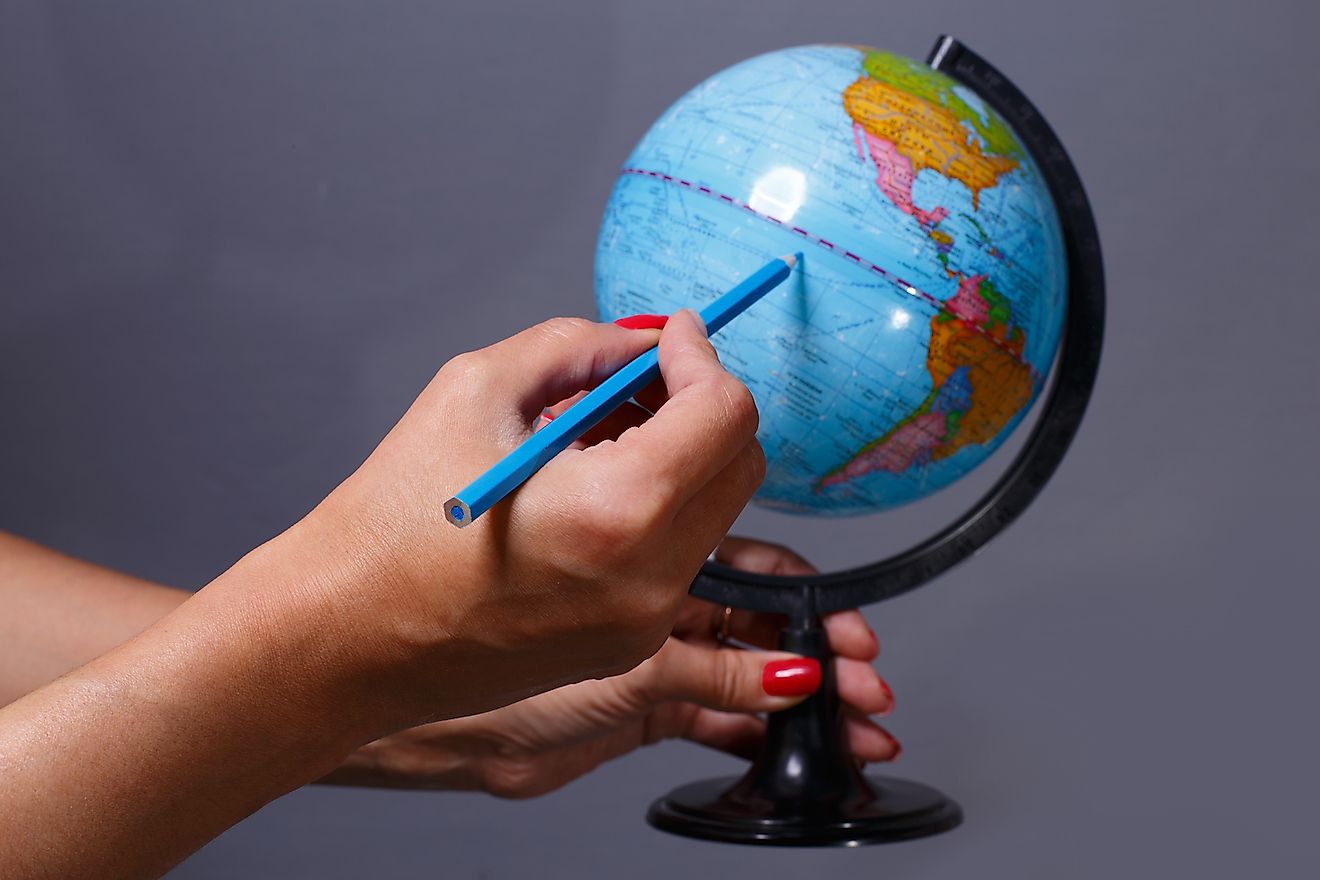Is The US Self-Sufficient In Food?

- Food production is a global corporate system that deals with imports and exports and extremely large shipments across the world's oceans.
- The US imports only 20 percent of the food consumed because the country is able to produce a large amount of food for its needs.
- Some countries, such as the UK, could grow certain kinds of food domestically, but choose to import from other countries.
The world today is connected more than ever, and one of the things that bind us all is food. Food production is a global corporate system that deals with imports and exports and extremely large shipments across the oceans. However, one must sometimes wonder if their country is self-sufficient in food. When talking about the United States, the answer is yes; the U.S. is one of the largest food exporters in the world. It is indeed, self-sufficient when it comes to food. But let us explore this phenomenon more deeply and see why it matters.
Food Importing
Throughout the last several decades, food-importing has become a big deal for many countries. Naturally, a large number of them are able to source and produce their food domestically, but peoples’ tastes evolve. With the rise of capitalism, many are starting to look at things that are not available in their home countries and develop a need for food that needs to be imported. Shipping has become much cheaper over time, and people in many countries import a large percentage of the food they eat.
Those percentages vary, however. Countries like the United Kingdom import almost forty percent of their food, while Hawaii imports 92 percent. The United States imports only 20 percent of the food consumed, so it is actually not a huge number. The reason for this is that the U.S. is capable of producing a large variety of foods. It is extremely self-sufficient when it comes to food. However, is it even worth it, and is it a goal that should be chased by other countries?
The Reliance On Food Manufacturers
Producing food locally is good because it completely eliminates the need to rely on big manufacturers and transport companies. This reduces costs, which is especially noticeable when it comes to fuel. It is hard to completely determine how independent certain countries are when it comes to food.
Some countries could grow certain kinds of food domestically, but still continue to buy that food from other countries. A good example of that is the United Kingdom and strawberries. The country continues to import them from Spain because it is cheaper than growing them, although they could.
However, can we really consider them to be reliant on the other country because of this? Not really, this just means that they are financially responsible. It is a complex game of economy, and in the end, it all boils down to money. It always does, since we are living in a world run by capitalism. Some countries do not have this luxury, though.
For example, Saudi Arabia is a rich country, mostly because of its oil, but it needs to import more than 80 percent of its food. This number is constantly rising. Self-sufficiency in food boils down to whether a country is capable of feeding its people, not to whether it is doing it. Some countries could do it, but choose not to.
However, taking all of this into account, not many countries are officially recognized as being self-sufficient in food. The list includes Canada, Australia, Russia, and the United States. In Europe, only one country manages to qualify, and that is France.











